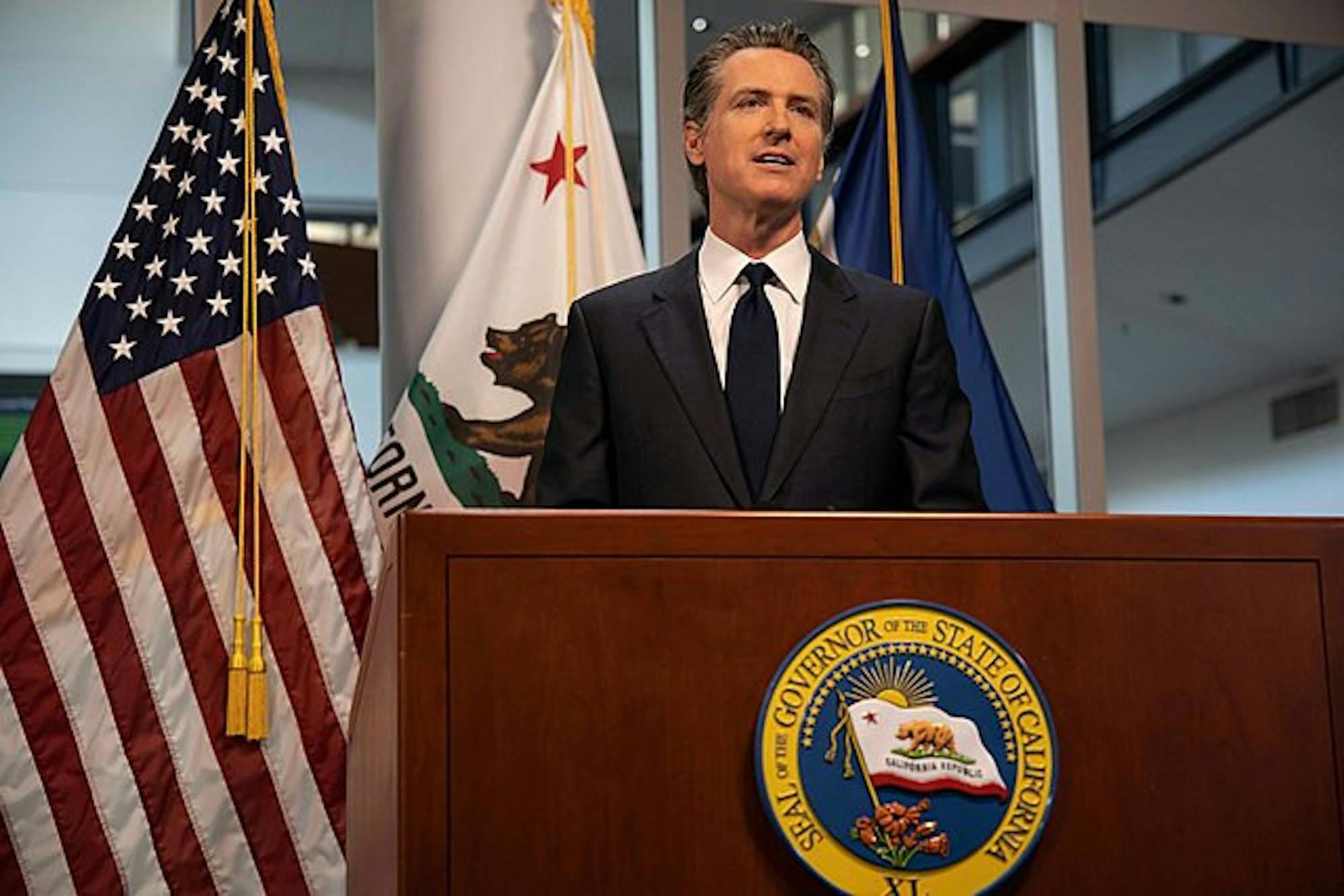Content warning: This article briefly mentions gun violence.
A new year often brings good things — Beyoncé kicked off her world tour, “Wednesday” got renewed on Netflix — but 2023 has also brought the most mass shootings to date of any year. Three of these deadly shootings occurred in California within 44 hours. Opponents of legislation aimed at preventing gun violence characterize mass shootings as carried out by young, often white, mentally ill men. Conservative media outlets like Fox News continuously highlight the prominent role of mental illness as a causative factor in mass shootings, even when experts have determined that theory false; when a community is in crisis, it feels good to unite against a common enemy which, at times, is not present or does not even exist. Yet perhaps that focus is misleading. The common denominator in mass shootings is the prevalence of guns and scarcity of laws supporting gun control. We must advocate in all 50 states for stricter gun laws in order to overcome this epidemic of gun violence.
California has the strictest gun laws in the country. California’s lower rate of mass shootings and first place ranking for gun safety in 2021 are admirable compared to other states. Yet, clearly, it is not enough.
In a press conference on Feb. 1, Gov. Gavin Newsom said, “In California, we’ve passed common sense gun safety laws and they work: we have a 37% lower gun death rate than the national average. We’re doubling down on gun safety and strengthening our public carry law to protect it from radical Republican attacks.”
These discussions of concealed carry regulations have come to the forefront after the Supreme Court struck down New York’s strict concealed carry laws in 2022. Gov. Newsom, along with Attorney General Rob Bonta and state Sen. Anthony Portantino have sponsored legislation further restricting gun laws in California. Currently known as Senate Bill 2, this legislation moves to update the existing concealed carry licensing law, set the minimum licensing age to 21, mandate stricter gun storage and training requirements and prohibit concealed carry in certain public areas. While this action is commendable and necessary, the ability to buy guns in nearby states will limit the scope of its effectiveness if we cannot strengthen gun laws in the other 49 states.
At the federal level, President Joe Biden has taken the first major steps to prevent gun violence since the 1994 Federal Assault Weapons Ban, which expired in 2004. In addition to the Bipartisan Safer Communities Act, Biden has enacted multiple executive actions, including regulating production of ghost guns, educational campaigns about the safety of gun locks and closing loopholes that allow the sale of pistols with stabilizing braces. However, Congress has yet to make any real progress on passing federal gun control. Republicans’ refusal to compromise on gun legislation further politicizes this issue; partisan news sources have spouted disinformation on gun laws and portrayed them as a means for Democrats to take away all guns. This dangerous rhetoric perpetuates voting against gun safety legislation. Furthermore, the filibuster is creating a space for Republicans to again prevent progress on gun violence prevention bills brought to the floor of the chamber. In order to enact stronger gun laws in states beyond California, activists and nonactivists alike need to separate party politics from an issue that is at its center a health and violence crisis.
As we continue to see communities of all ethnicities ravaged by gun violence, it is clear that the issue is guns. While the mental health crisis is real and deserving of attention, in order to combat the epidemic of gun violence, we must address the clear problem: High numbers of guns are easily accessible. All 50 states need to pass and enforce strict gun laws if we are going to see any change in the violence laid out in our daily news.
As a college student and a new voter, I recognize that voting is the primary tool of advocacy. With the 2024 presidential election coming up, now is the time to become politically active and ensure we endorse candidates who support gun violence prevention legislation, both in Massachusetts and across the country. The tightening of already strict gun regulations in California is a model starting point. Advocating for tighter federal gun regulations needs to be the next step in our journey to stop gun violence.






